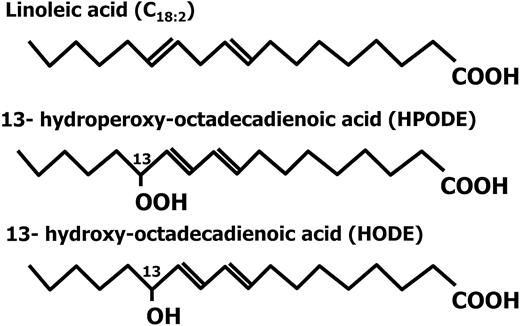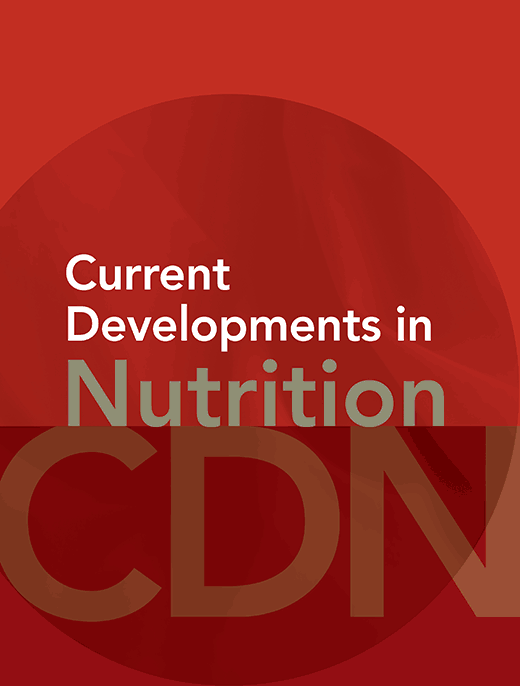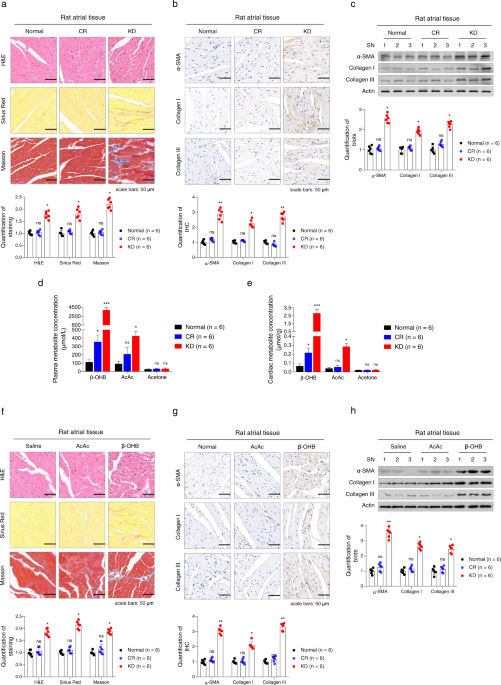Vince
Super Moderator
The cheap, readily available, highly processed food we're consuming too much of is bad for us. An interesting new mouse study has backed up the enduring hypothesis that high fat and sugar diets and cognitive decline such as Alzheimer's are linked.
"Obesity and diabetes impair the central nervous system, exacerbating psychiatric disorders and cognitive decline. We demonstrated this in our study with mice," says University of South Australia neuroscientist and biochemist Larisa Bobrovskaya.
The team were looking for a mouse model that can tell us more about the intersection between Alzheimer's disease, type two diabetes and obesity, and oh boy did they find it.

 www-sciencealert-com.cdn.ampproject.org
www-sciencealert-com.cdn.ampproject.org
"Obesity and diabetes impair the central nervous system, exacerbating psychiatric disorders and cognitive decline. We demonstrated this in our study with mice," says University of South Australia neuroscientist and biochemist Larisa Bobrovskaya.
The team were looking for a mouse model that can tell us more about the intersection between Alzheimer's disease, type two diabetes and obesity, and oh boy did they find it.

Mice Fed Fatty Diets For 30 Weeks Show Signs of Depression, Anxiety, And Alzheimer's
The cheap, readily available, highly processed food we're consuming too much of is bad for us.





















